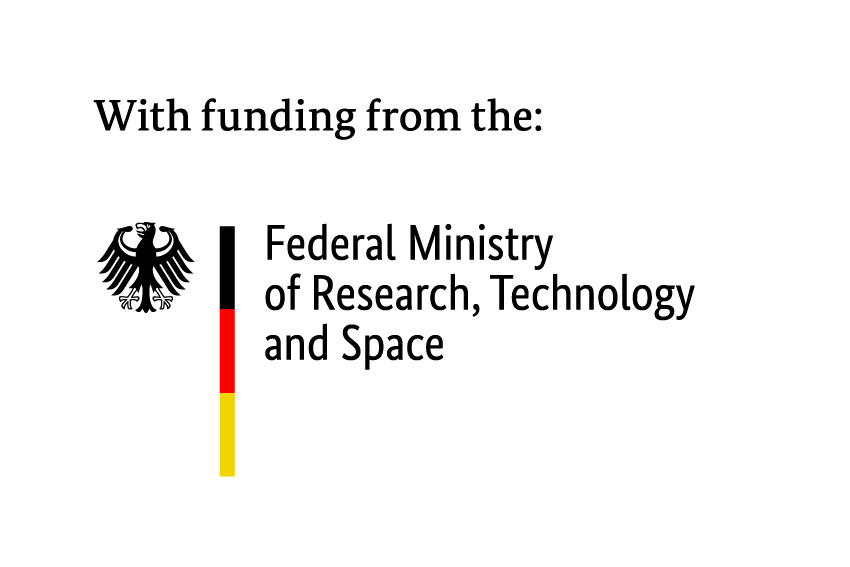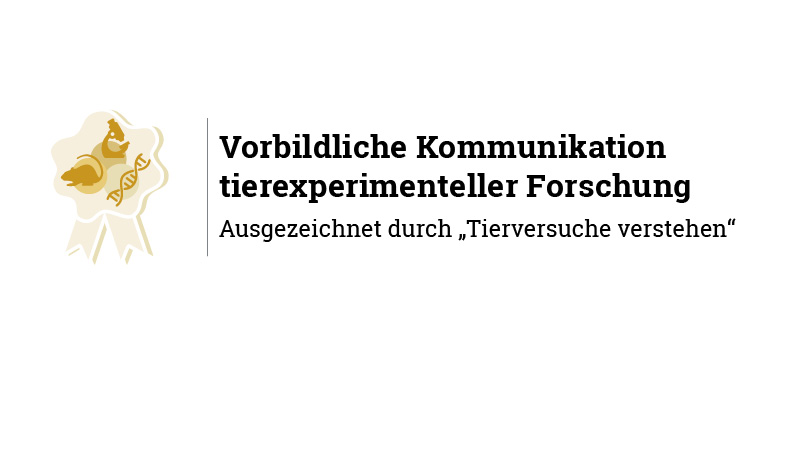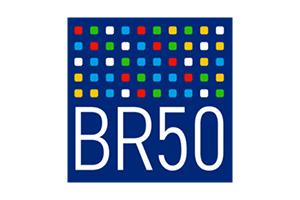New inflammatory mechanism discovered in chronic intestinal inflammation
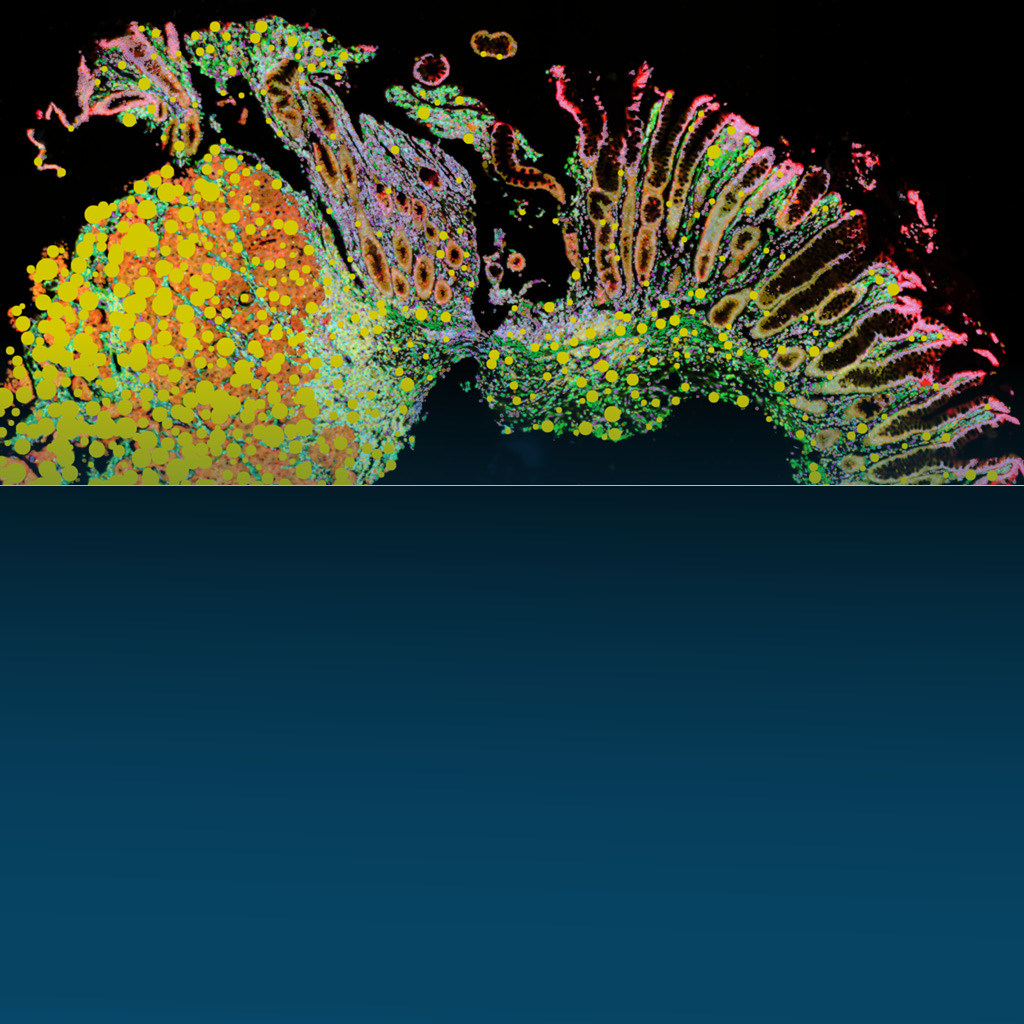
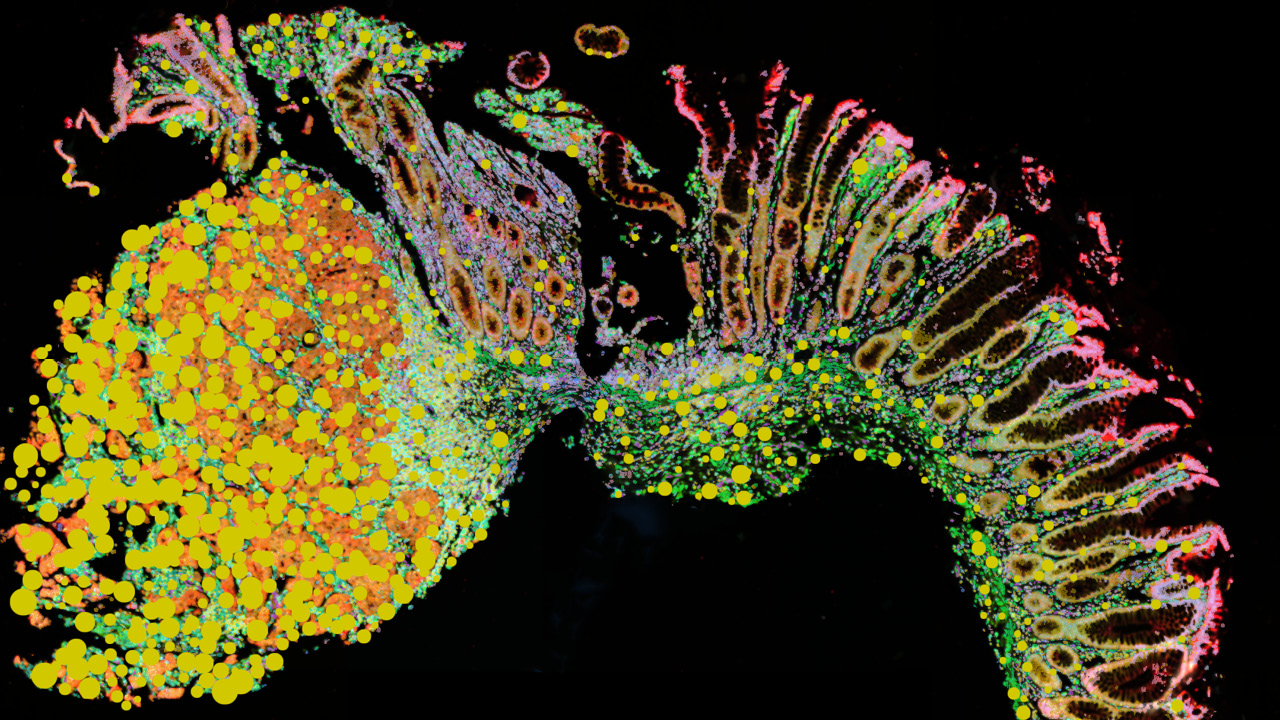
Oncostatin M as a key target for therapies
Chronic inflammatory bowel diseases such as Crohn’s disease and ulcerative colitis are difficult to treat and are associated with an increased risk of intestinal cancer. A research team led by Prof. Dr. Ahmed Hegazy from Charité – Universitätsmedizin Berlin and the German Rheumatology Research Center (DRFZ), a Leibniz Institute, has now discovered that the messenger substances interleukin-22 and Oncostatin M interact to play a central role in boosting inflammatory processes in the gut. Oncostatin M in particular proves to be a potential biomarker for severe disease progression and lack of therapeutic success – and at the same time offers a promising approach for new treatment strategies. The results were published in the journal Nature Immunology.
Chronic inflammatory bowel diseases (IBD) such as Crohn’s disease and ulcerative colitis continue to be a major therapeutic challenge. They are associated with considerable complications – including an increased risk of bowel cancer. Young adults between the ages of 15 and 29 are also quite frequently affected. As not all patients respond adequately to existing therapies, there is an urgent need for new therapeutic strategies.
The research team led by Ahmed Hegazy has now identified two central immunological messengers that play a key role in the development and maintenance of chronic inflammation in the intestine: Interleukin-22 (IL-22) and Oncostatin M (OSM). IL-22 sustains the cells of the intestinal epithelial layer and contributes to the stability of the intestinal barrier. OSM, on the other hand, has a tissue-regenerating effect and influences cell differentiation – but can also promote inflammation. OSM can thus trigger a cascade that leads to an excessive immune response. It is particularly striking that patients with high OSM production often do not respond to common therapies. This makes OSM a potential biomarker for severe courses of the disease.
Using state-of-the-art single-cell sequencing, the researchers from Charité and DRFZ were able to show that unusual cell types expressing receptors for OSM occur more frequently in inflamed intestinal tissue than in healthy tissue. In addition, more immune cells produce this inflammation-promoting messenger substance. It is noteworthy that IL-22 – despite its protective effect – simultaneously increases the sensitivity of intestinal epithelial cells to OSM by increasing the expression of OSM receptors. IL-22 and OSM thus exacerbate each other’s effect, boosting chronic inflammation and attracting more immune cells into the tissue.
In preclinical animal models, the research team was able to observe a significant attenuation of chronic inflammation and the associated development of cancer by specifically blocking the OSM receptors.
Tissue samples from patients with colorectal cancer due to chronic inflammation also showed a strikingly high density of OSM binding sites in the tumor environment. The discovery of the pathogenic role of oncostatin M – particularly in combination with interleukin-22 – provides new insights into the mechanisms of chronic intestinal inflammation. On this basis, a new therapeutic approach is now being tested: a clinical trial on the efficacy of an antibody that specifically blocks OSM receptors has already started.



